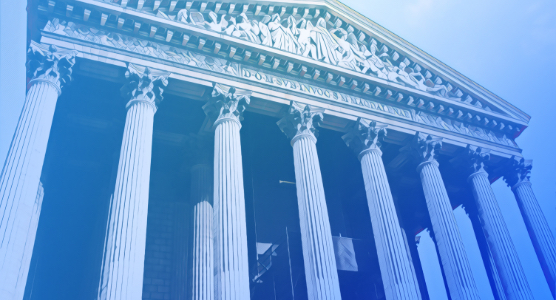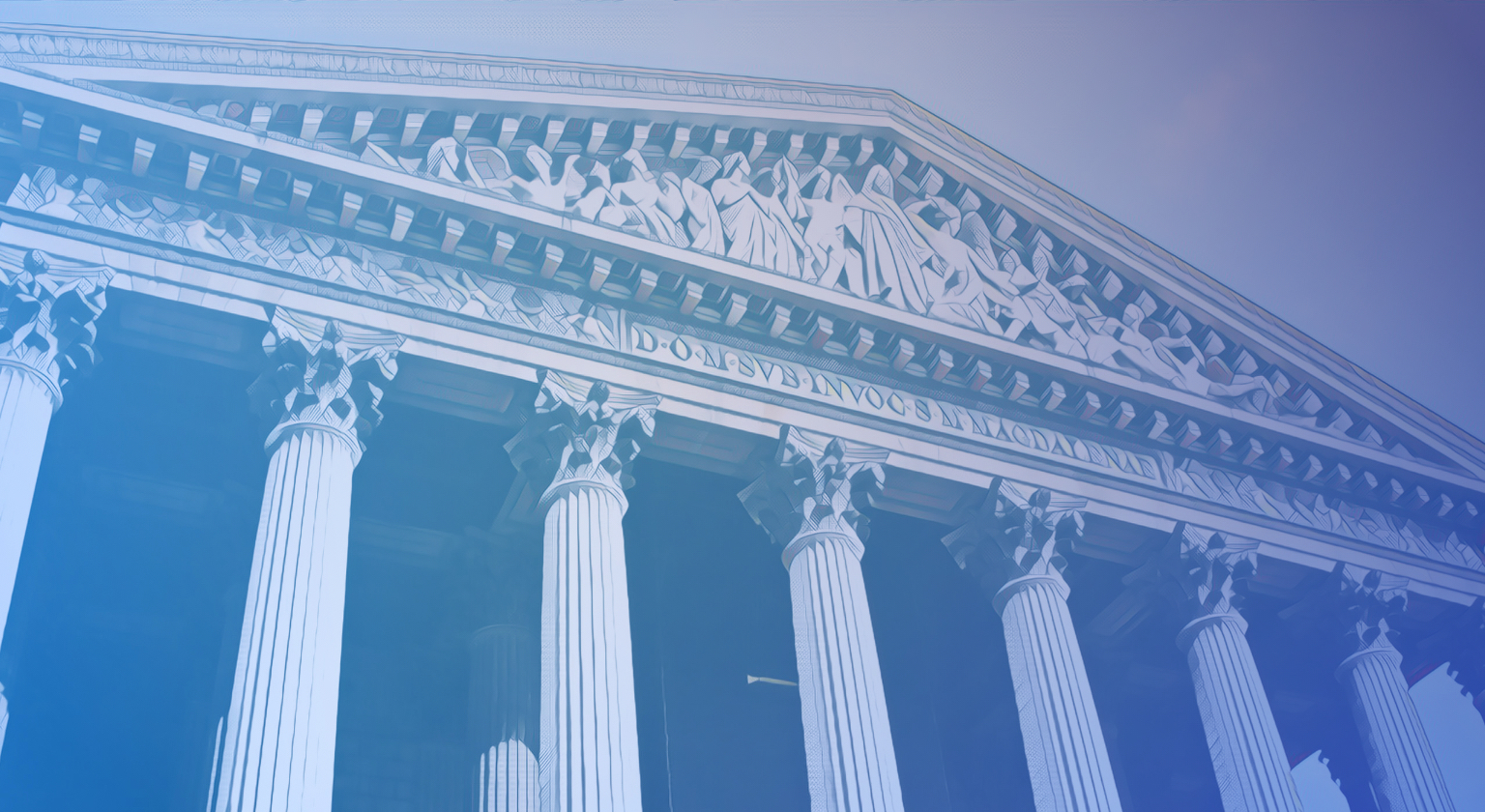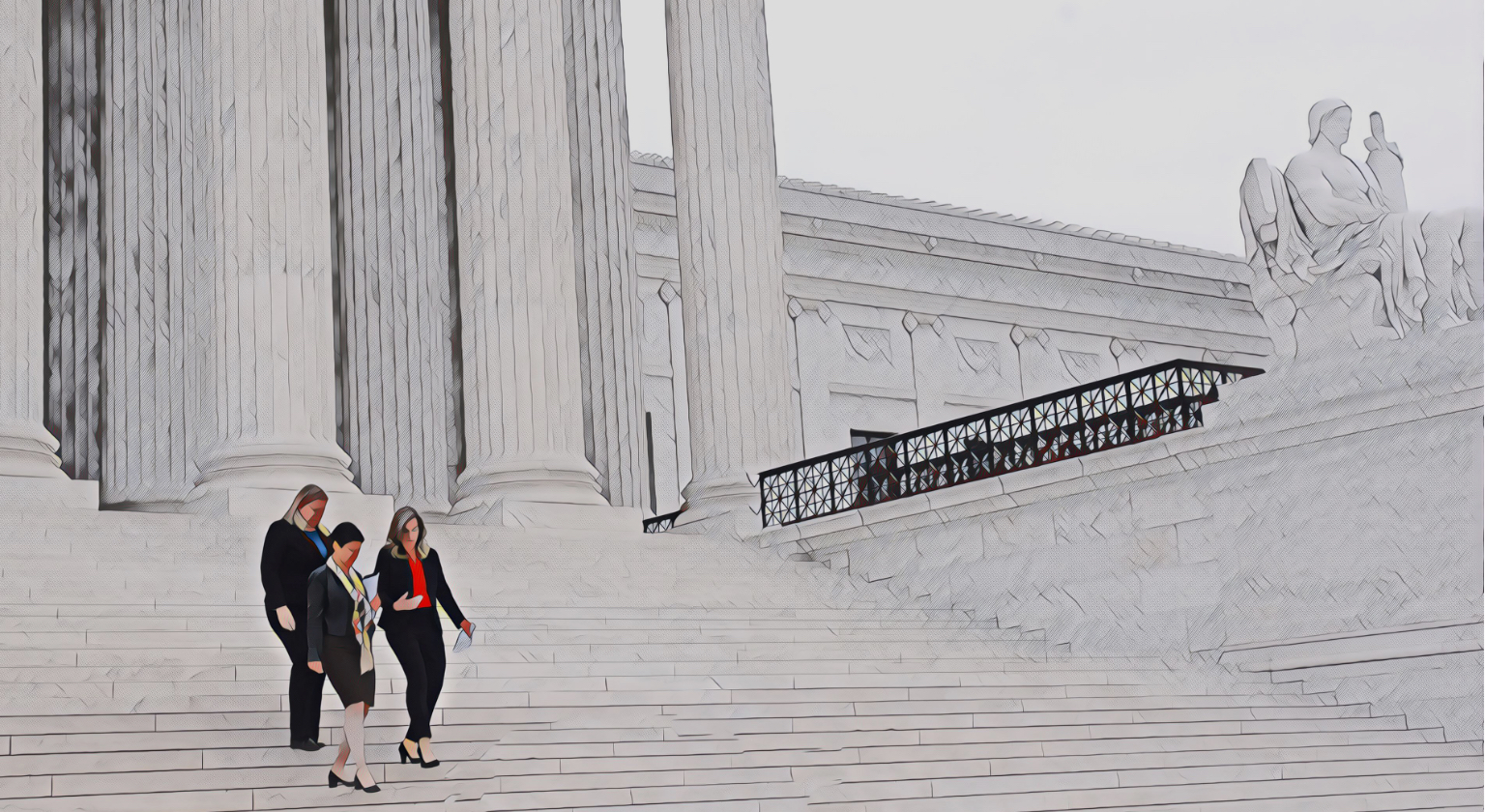Supreme Court’s Espinoza decision disregards distinctiveness of religion
Hollman: Religious schools may see this as a pyrrhic victory

Media Contact: Cherilyn Crowe / [email protected] / cell: 202.670.5877
WASHINGTON – Today, the U.S. Supreme Court widens the door for government efforts that would fund religious schools in its 5-4 decision in Espinoza v. Montana Department of Revenue.
BJC filed a friend-of-the-court brief in the case that said avoiding government funding of religion is a key protection for religious liberty – the law’s distinct treatment of religion keeps government from interfering in the beliefs and practices of religious schools.
BJC General Counsel Holly Hollman provided the following statement on today’s decision.
“We are disappointed that the Court extended its holding in Trinity Lutheran today. The decision’s high concern for equal treatment of religious schools disregards the distinctiveness of religion in our constitutional order and contradicts the special treatment that religion rightfully receives to keep government from influencing and interfering with it.
In a shell game that focuses on preventing discrimination based on religious status, the Court fails to recognize Montana’s legitimate interest in protecting religious freedom by avoiding funding religious education.
Though religious schools and some parents who choose them in states that have voucher programs will view today’s decision as a win, they may eventually see that it is a pyrrhic victory. The more that religious schools are treated just like all other private schools, the harder it is to justify and defend the special accommodations they receive, including in their hiring and firing practices, admission policies and curriculum choices.”
BJC’s brief was written with Dr. Steven Green, a professor of law at Willamette University and the nation’s leading expert on religious liberty and state constitutions.
The Evangelical Lutheran Church in America; the General Synod of the United Church of Christ; and the Rev. Dr. J. Herbert Nelson II, as Stated Clerk of the General Assembly of the Presbyterian Church (U.S.A.), joined BJC’s brief.
Visit BJConline.org/Espinoza for additional information and to read BJC’s brief in this case. Read about our brief in the 2017 Trinity Lutheran decision at BJConline.org/TrinityLutheran.
###
BJC (Baptist Joint Committee for Religious Liberty) is an 84-year-old religiously based organization working to defend faith freedom for all and protect the institutional separation of church and state in the historic Baptist tradition.
FROM BJC’s BRIEF IN ESPINOZA:
“The distinctiveness of religion (not animus toward any particular religion or religion in general) and importance of religious liberty explain its special treatment in our constitutional tradition.”
“A principle of governmental non-interference in religion, particularly non-interference with internal decisions that affect the faith and mission of a church, is a central theme in the protection of religious liberty.”
“The attack on Montana’s no-aid provision as a remnant of ‘naked religious bigotry’ … misrepresents a long tradition of non-interference with religion, undermines the complementary nature of religious liberty provisions in our national and state polity, and disregards the distinctiveness of religion.”
“Petitioners’ demand for a state program for equal funding ignores the distinctiveness of religion and the various ways religious education operates to promote faith formation. It ignores the relationship between support and accountability in public programs and the limits on governmental interference in religion.”






